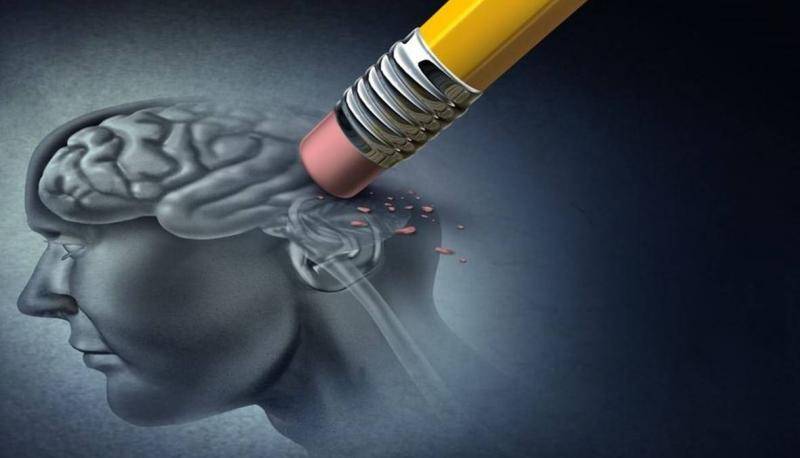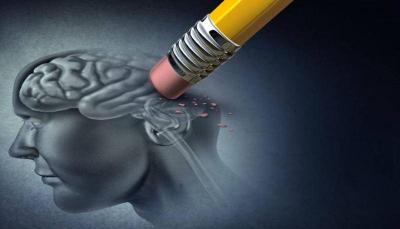Recent research has provided the first evidence that Alzheimer's disease, the leading cause of dementia typically associated with aging, can be transmitted between people. A study confirmed that five individuals who developed early-onset Alzheimer's, aged between 38 and 55, had received hormones derived from the brains of deceased donors. Additionally, three others showed signs of brain damage or memory loss, according to The Sun newspaper.
Human growth hormone treatment was administered to at least 1,800 children with developmental issues between 1959 and 1985, but the treatment was halted after some patients developed the fatal Creutzfeldt-Jakob disease, also known as mad cow disease, a rare brain disorder that leads to dementia. The disease was discovered years after the injection of contaminated proteins, and decades later, some samples were found to be contaminated with toxic amyloid beta proteins, which are characteristic of Alzheimer's disease.
Scientists now believe that a group of these children may have developed dementia in midlife due to the transfer of harmful proteins from the brains of deceased donors. Study author Dr. Gargi Banerjee from University College London explained: "We found that amyloid beta diseases can potentially spread and contribute to Alzheimer's disease, and this transmission occurred after repeated treatment with contaminated materials, often over several years."
Experts insist that this does not mean Alzheimer's can be transmitted in any other way or through medical procedures like blood transfusions or organ transplants. Professor Andrew Doig from the University of Manchester stated: "This new variant of Alzheimer's has significant scientific importance, but there is no reason to fear it. The method by which the disease was transmitted has not occurred for more than 40 years, and such transfer from one human brain to another in this way should never happen again."
Dr. Bart de Strooper from the UK Dementia Research Institute added: "No one should reconsider or abandon any medical procedure, especially blood transfusions or neurosurgery, which save many lives each year." The study published in the journal Nature Medicine suggested that it is possible for more individuals to develop Alzheimer's in this manner.
Dr. Susan Kolhaas from the UK Alzheimer's Research Centre stated: "This study has revealed more about how amyloid parts spread within the brain, providing us with further evidence about how Alzheimer's develops and potential new targets for future treatments."




